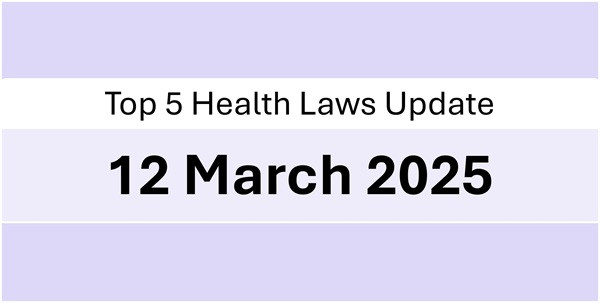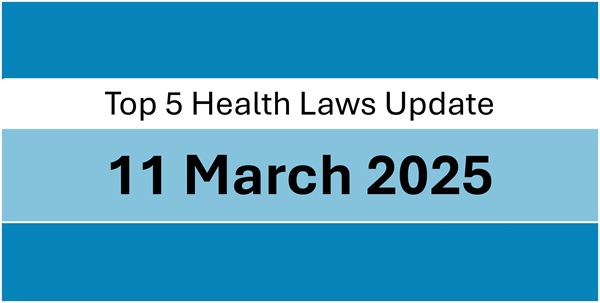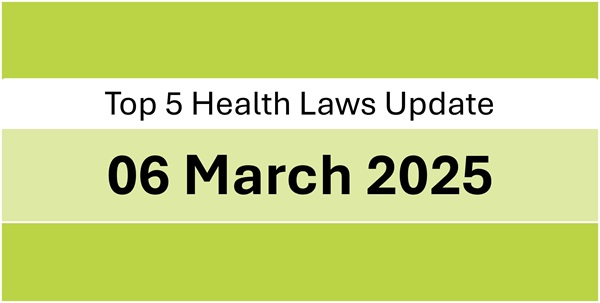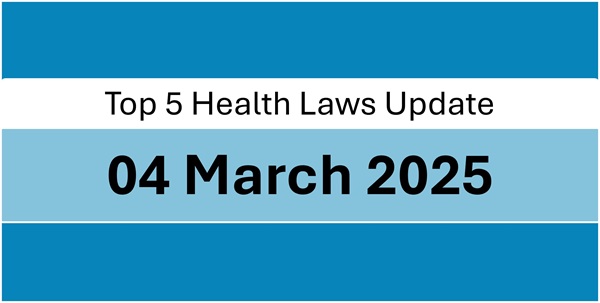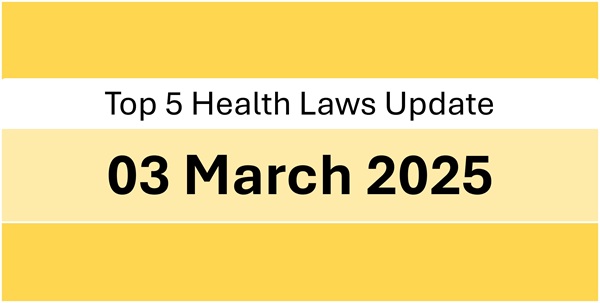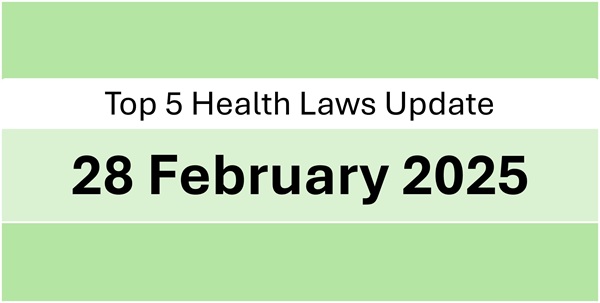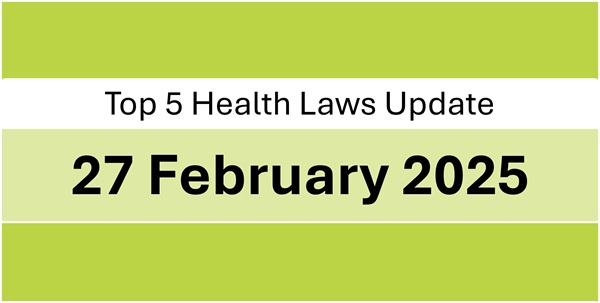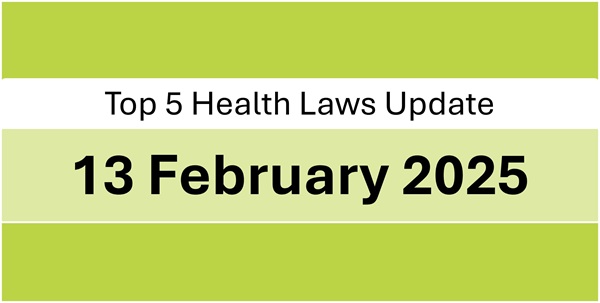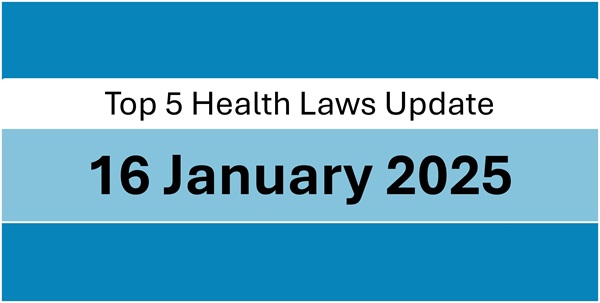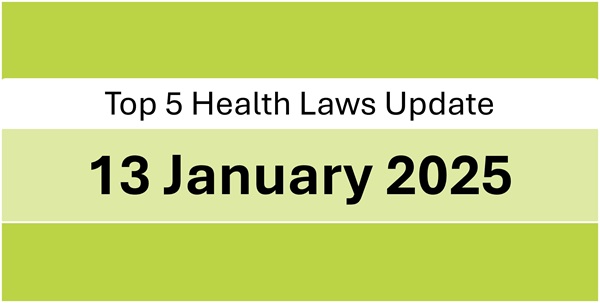Dear Readers, we are happy to share the most interesting legal and policy updates concerning health industry that we read today. we hope you enjoy reading it.
1. India’s Tamil Nadu Online Gaming Authority has introduced regulations making Know Your Customer (KYC) mandatory for players before they can engage in online real-money gaming. This ensures age verification, promotes responsible gaming, and aims to curb gaming disorder, recognized by the WHO in ICD-11.
Source: bit.ly/3XMtzsq
2. An E-commerce giant in India has introduced a new pricing policy that enables sellers to set a ‘bank settlement value, while the platform controls the final listing price after fees and discounts. Sellers express concerns that this could violate FDI norms, promote anti-competitive pricing, and disrupt pricing parity across platforms.
Source: bit.ly/3FpxrcM
3. The Canadian government has proposed regulating caffeine as a supplemental ingredient, requiring cautionary labels on products with high caffeine content to prevent excessive intake and ensuring that caffeine-containing products are clearly labelled, “Do not [eat/drink] on the same day as any other source of caffeine.”
Source: bit.ly/4bQzRx5
4. The Canadian government is set to regulate harmful ‘forever chemicals’ (PFAS) found in everyday products to address growing concerns about human health and the environment. The anticipated new regulations will restrict per- and polyfluoroalkyl substances (PFAS) in a range of everyday items, including cosmetics, clothing, and food packaging.
Source: bit.ly/3DKQhKM
5. The European Commission aims to reduce reliance on Asian countries for essential drugs, including antibiotics, through the draft Critical Medicines Act. The upcoming law seeks to promote fair pricing for European generic drugmakers, ensure stable and reliable supply chains within the EU, and strengthen public health protection and security.
Source: bit.ly/422yzvy

